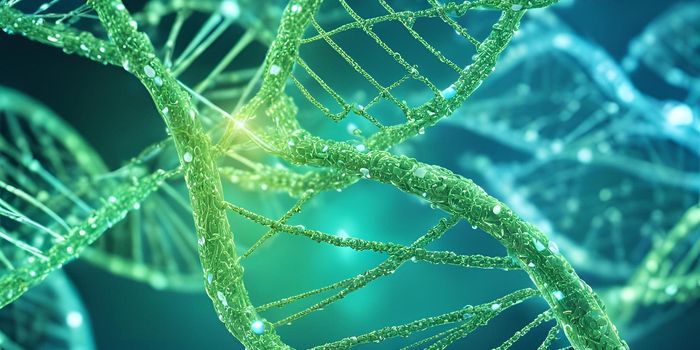Missing link identified for "bad" cholesterol
New research from a team at the University of Alberta has identified the protein that is associated with low-density lipoprotein cholesterol, or the “bad” cholesterol that can cause atherosclerosis. This information has been highly sought after for years because it provides an opportunity to target the protein in drug development. The findings are published in the journal Nature Communications.
"We have known for many years that these receptors could be cleaved, but nobody knew which protein was responsible," commented Dawei Zhang, associate professor of pediatrics in the Faculty of Medicine & Dentistry. "There had been several attempts around the world but nobody else was successful."
Zhang’s research team has already begun an investigation to develop a drug that targets the protein, called membrane type 1 matrix metalloproteinase, which would allow LDL receptors to clear the bad cholesterol from the blood. Needless to say, such a drug would have serious implications for patients with high cholesterol and at risk of heart attack or stroke. Zhang says that the new drug would likely work in combination with the common class of drugs known as statins, which are used to reduce cardiac events.
In addition to playing a role in LDL clearing, the researchers say the protein has other physiological functions, such as cancer tumor invasion. Knowing this, the team is collaborating with oncologists to investigate this angle of prospective drug development for cancer treatments.
"The one protein is a shared risk factor for the two most common diseases in humans -- cancer and cardiovascular disease," Zhang concludes. "We will explore whether we can target one protein to reduce the incidence of the two most common human diseases."
Sources: Nature Communications, Science Daily









